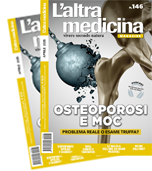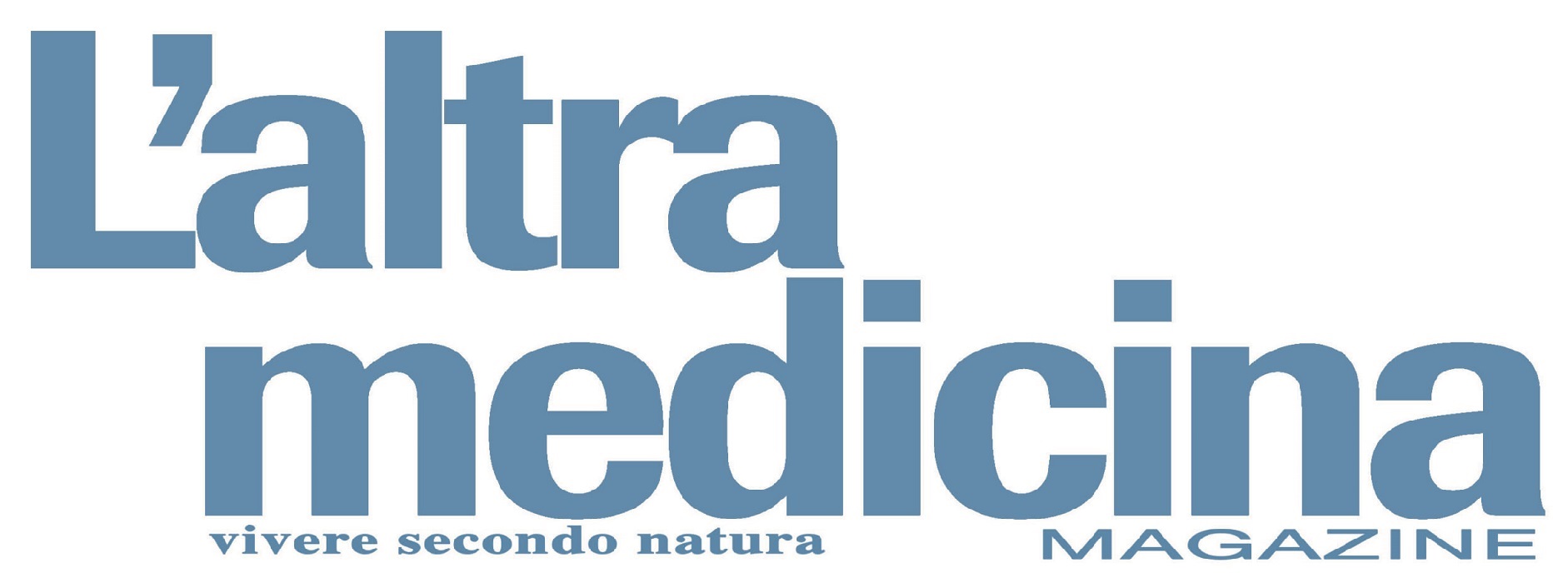Articolo L’altra medicina N. 121 – 12/2022-01/2023
BIBLIOGRAFIA E NOTE
- Ding M. Caffeinated and decaffeinated coffee and risk of diabetes: a systematic review and dose-response meta-analysis. Diab Care 2014;37:569.
2. Ding M et al. Long-term coffee consumption and risk of cardiovascular disease: a systematic review and dose-response meta-analysis of prospective cohort studies. Circulation 2014; 129:643. - Yu X et al. Coffee consumption and risk of cancer: a systematic review and dose-response meta-analysis of cohort studies. BMC Cancer 2011;11:96.
4. Malerba S. A meta-analysis of prospective studies of coffee and all cause mortality, cancer, and CV diseases. Eur J Epidemiol 2013;28:527. - Je Y et al. Coffee consumption and total mortality: a meta-analysis of twenty prospective cohort studies. Br J Nutr 2014;111:1162.
- Happonen P et al. Coffee consumption and mortality in a 14-year follow-up of an elderly northern Finnish population. Br J Nutr 2008; 99:1354.
- INRAN e Istituto Mario Negri. Sei monografie 2005-2009.
- O’Keefe JH et al. Effects of habitual coffee consumption on cardiometabolic diseases, CV health, and all-cause mortality. JACC.
- Russnes KM et al. Total antioxidant intake in relation to prostate cancer incidence in the Health Professionals Follow-up Study. Int J Cancer 2013.
- D’Amicis A et al. Italian style brewed coffee: effect on serum cholesterol in young men. Int J Epid 1996; 25:513.
- Danchin N et al. Eur Soc Cardiol Congress, Barcellona 2014.
- Liu J et al. Green tea and cancer prevention: a systematic review of RCTs and epidemiological studies. Chinese Med 2008; 3:12.
- Yang J et al. Tea consumption and risk of type 2 diabetes mellitus: a systematic review and meta-analysis update. BMJ 2014; 4:e005632.
- Pillola BPC 63 ed ES 50/2009. Bevande più e meno adatte alla salute.
(a) Naturalmente i numerosi benefici vanno bilanciati con alcuni rischi legati a un consumo elevato: ansietà, insonnia, tremori,palpitazioni, osteoporosi e possibile aumento di fratture, oltre al possibile aumento di cancro della vescica (8). Per quanto riguarda il livello di colesterolo nel sangue, infine, questo aumenta con il consumo di caffè bollito, mentre gli effetti del caffè filtrato americano, o delle preparazioni italiane come espresso o con il metodo moka sono risultati minimi con consumi di tre tazzine al giorno (10). Invece aumentano i trigliceridi, però non a causa del caffè in quanto tale, ma dello zucchero che gli viene aggiunto.




